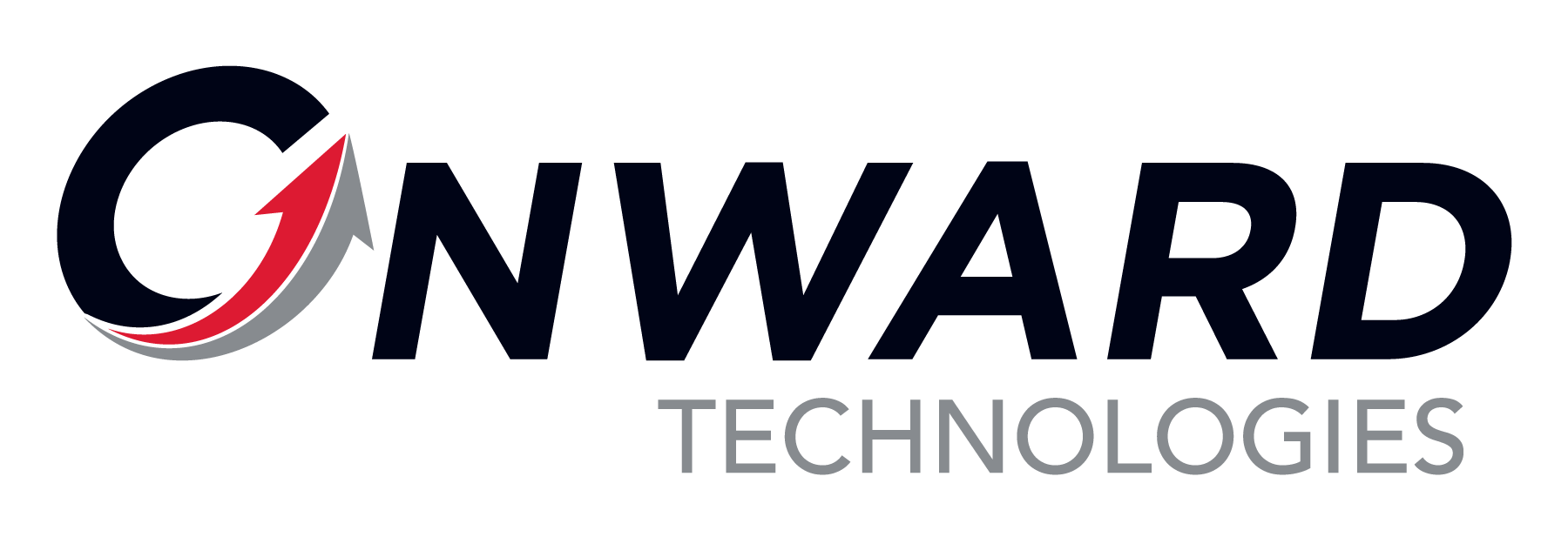What should non-technical managers know about their networks?
I work with many non-IT managers who are responsible for oversight of the IT department. These are smart people with training and experience who make smart decisions about IT when given good information. One question they ask me frequently is “How much should I know about IT?”
My answer is always the same – it depends. I know you hate reading this, but there’s a logic to it. Every manager has her or his preferred level of detail. Some managers know a lot about the applications their users rely on, some are very security-focused and educate themselves on the security services we have deployed for them. Some managers know as little as possible and defer to us to make recommendations through every step.
I have found some baseline IT details that I think a non-IT person who is managing IT must know about the infrastructure:
Internet Service Provider: every IT leader should know how many internet service lines are connected to each office, and their rated speeds. You should also have some understanding of your internet service type:
-
- Cable – sometimes called Copper internet. This is a basic, discounted offering from Comcast, AT&T, and others. You frequently see this with asymmetric speeds: 100 Megabits per second download speed, 25 Megabits per second upload. Cable internet is almost always shared: heavy usage in your area will negatively affect your internet service.
- Fiber – fiber circuits are more expensive than cable internet. They are usually sold in symmetrical, dedicated capacity: 100 Megabits per second upload/download. These circuits are usually dedicated, which means the service should perform at the rated speed all the time.
Network Topology: you should have a rough understanding of how workstations connect to services and the internet, and which applications are hosted in your office.
-
- Firewall: You probably have one, I recommend all clients at least know the brand and roughly how old the firewall is.
- Switches: You have some switches in your offices, these are critical to operations because they connect all your devices together. It’s helpful to know how many you have, where they are located, the brand, and how old they are.
- Servers: Every business has their own approach to buying and maintaining servers. You should know how many servers your business owns, how old they are, and what’s running on them.
Cloud Adoption: It’s important to know which of your applications is in “the cloud”, and which cloud you are using.
Applications: I recommend you keep a list of applications in use by all your teams. To save on licensing cost and increase productivity, we are recommending more siloed, dedicated licensing approaches (especially for law firms). It’s very common for an accounting team to use a completely different set of applications from the legal department, with just one overlapping system (timekeeping, for example). Having quick access to the application names, version number, license count, and support number saves time and frustration.
At Onward, our Managed Services customers are accustomed to finding the information above in a unified portal we maintain for them. We keep this information in what we call Configurations so clients can log in and quickly see what we see: network information, firewall model number, support expiration dates, and more.
Having this information close at hand makes IT decisions faster and easier. Cutting frustration from the IT process makes the Managed Services experience valuable and decreases the chance you’ll miss an important renewal deadline or lose a valuable license key.
Does your MSP deliver?
We have taken over management of many clients who say the worst part of their experience with their previous firm was getting accurate information about their environment. Managers would ask for a count of licenses only to find out they had twice as many as they needed or ask for a renewal date only to find out something important was already expired.
I have also worked with clients who have asked for basic information about internet service or network equipment, only to be told by their MSP they didn’t have the information recorded and the client would have to find out for themselves. I think that’s unacceptable for an MSP – an abdication of the most basic responsibility in managed services.
We consider this basic information hygiene essential – having a clean, updated list of your IT infrastructure is critical to effective maintenance. We rely on this information to make sound, data-driven recommendations for our clients. I know our clients count on us to recommend the right products, services, and projects, but we take seriously the idea that our clients can always look at other providers and we want to be sure we recommended exactly what you need based on your business goals.
If your MSP can’t provide basic information about your environment quickly, you should start shopping for a new one.




